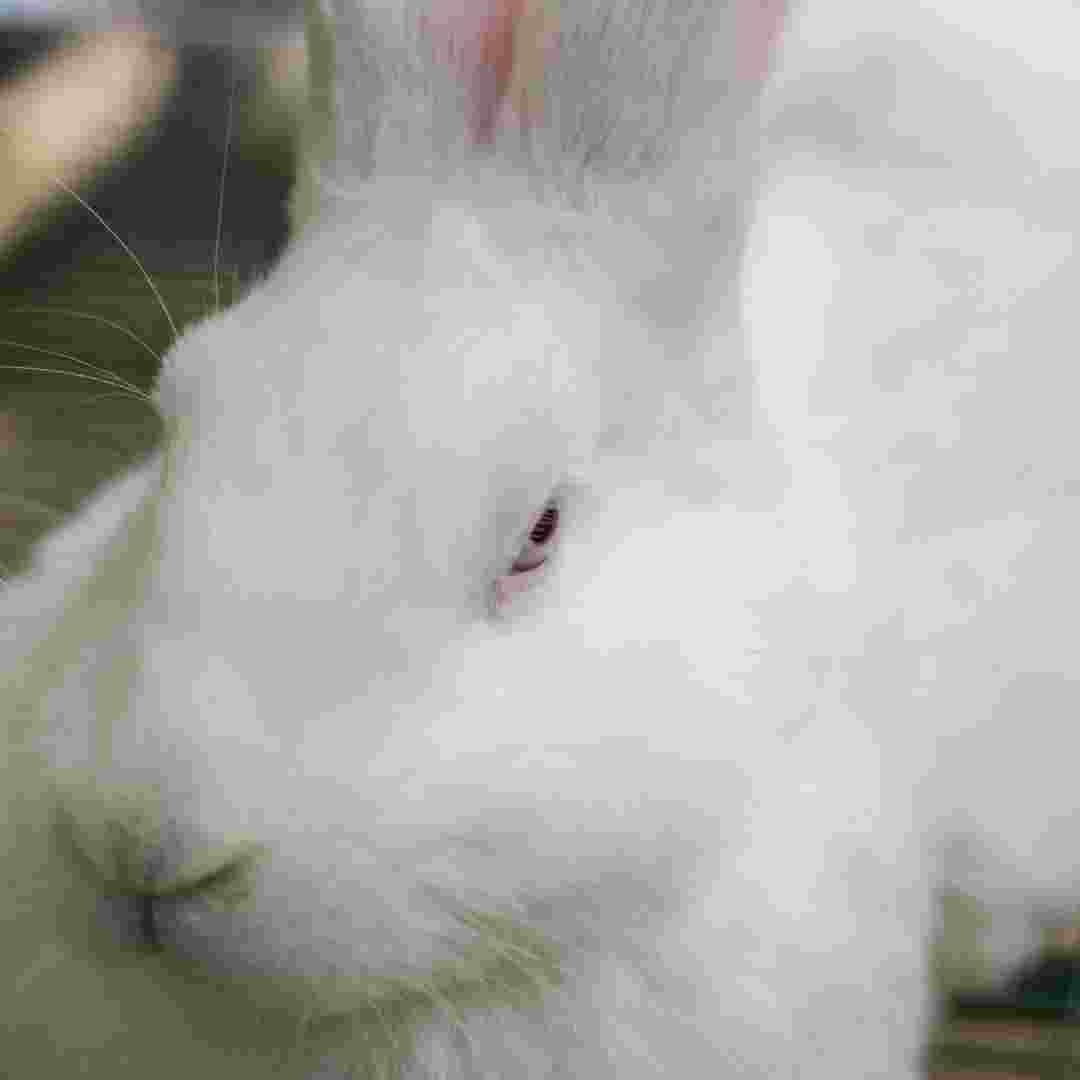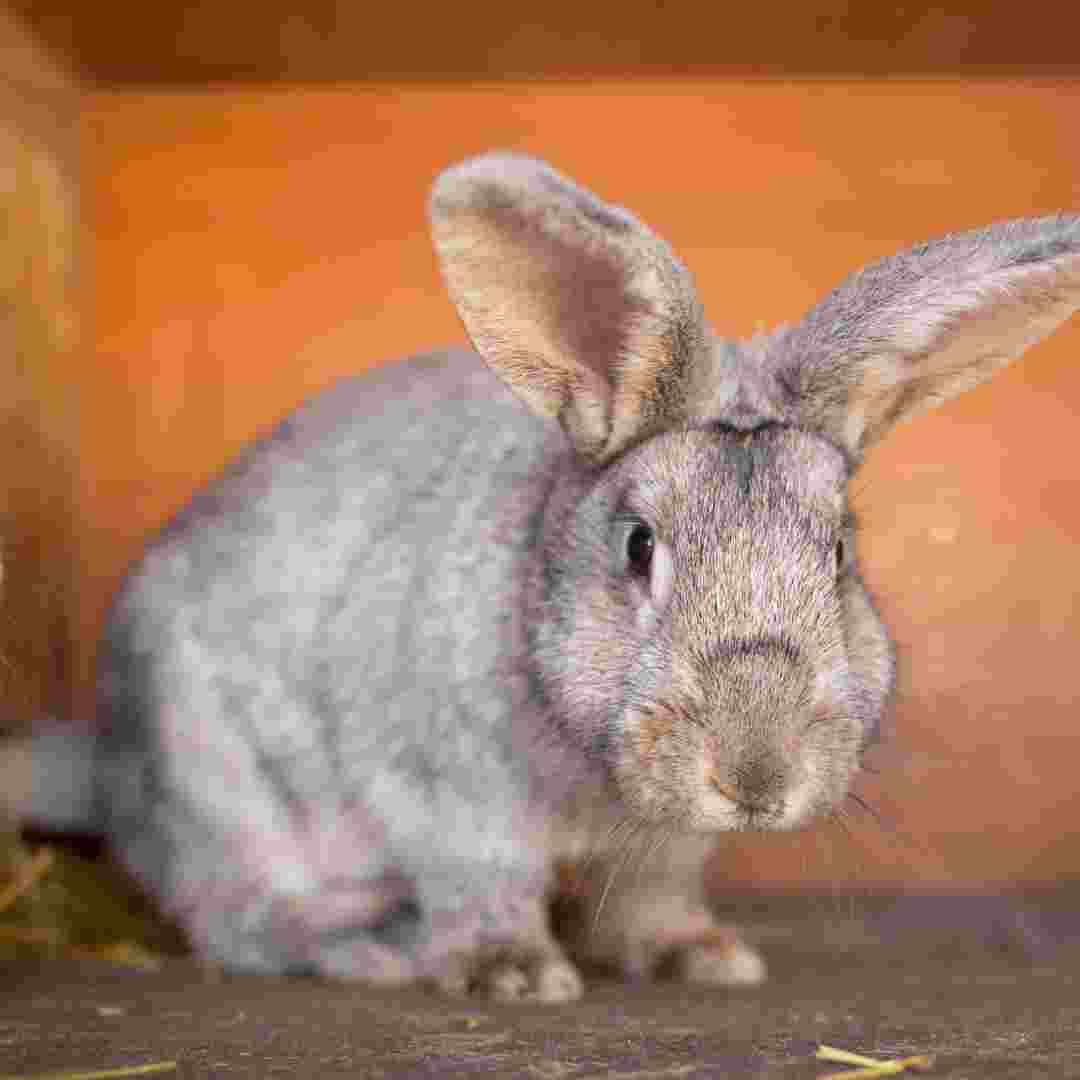Contents Table
Introduction
Rabbit Shaking: Causes and Treatment
Detecting Rabbit Stress and Anxiety
Rabbit Massage Helps Shake and Other Health Issues
Rabbit Safety and Stress-Free Environment
How Diet Reduces Rabbit Shaking and Other Health Issues
Q&A
Conclusion
Introduction
Shaking rabbits can indicate many things. It could indicate enthusiasm, worry, or illness. Be sure to watch your rabbit and note any additional symptoms. Visit the vet if your rabbit is shaking to rule out medical conditions. Provide your rabbit with a safe and comfortable environment to lessen stress and fear that may be causing shaking.
Rabbit Shaking: Causes and Treatment
A variety of medical problems can cause rabbit shaking, or tremor. Neurological disorders, metabolic disorders, infections, and trauma can cause it.
Nervous system injury can cause rabbit shaking. This can be caused by stroke, head trauma, or tumours. Due to body chemistry imbalances, metabolic illnesses like hypoglycemia and hypocalcemia can produce shaking. Shaking can also be caused by nervous system inflammation from ear mites or myxomatosis. Finally, trauma like a fall or animal bite can trigger shock-induced shaking.
Rabbit shaking treatment begins with identifying the cause. Neurological disorders may require anti-inflammatory or seizure drugs. A metabolic disorder may require dietary adjustments or drugs to address the imbalance. Antibiotics or other drugs may treat infections. Trauma may require painkillers or supportive care.
Rabbit shaking can indicate a serious medical issue, so seek veterinarian attention if your rabbit shakes. Your vet can determine the reason and treat it.
Detecting Rabbit Stress and Anxiety
Social rabbits can get stressed and anxious. Recognising rabbit tension and anxiety helps owners lessen their pet's misery.
Stress and anxiety might cause rabbits to hide, fight, or groom excessively. Rabbits may weaken, eat less, or lose weight. Excessive shedding or bald patches in the rabbit's fur are further indicators of stress and anxiety.
Rabbits may also show signs of tension and anxiety in strange places or when exposed to loud noises or rapid movements. If a rabbit is exposed to these stimuli, it needs a safe place to relax.
Note that rabbits may show signs of stress and anxiety if their owners are neglecting them. For health and happiness, rabbits need regular playtime with their owners.
It's crucial to calm a stressed bunny. This may include a peaceful, secure setting, regular interaction and playfulness, and fresh food and water for the rabbit. If the rabbit's fear and anxiety persist, see a vet.
Rabbit Massage Helps Shake and Other Health Issues
Rabbit massage has grown in popularity because to its potential to treat several health concerns. This massage uses a rabbit-shaped implement like traditional Chinese medicine. The gadget presses on precise body locations to alleviate tension and enhance circulation. Patients with shaking and other health difficulties benefit from rabbit massage.
Reduced shaking is a major benefit of rabbit massage. Stress, anxiety, and illness can produce shaking. Rabbit massage helps soothe the body and reduce trembling. Muscle tension can be reduced by massage, reducing shaking.
Rabbit massage reduces trembling and improves wellness. Massage helps increase circulation, reducing inflammation and boosting the body's healing power. Rabbit massage can alleviate tension and anxiety, improving mental wellness.
Sleep quality can be improved with rabbit massage. Massage can relax the body and mind, improving sleep. This can boost energy and relieve weariness.
For shaking and other health conditions, rabbit massage may be helpful. A massage can alleviate tension, enhance circulation, reduce stress and anxiety, and promote sleep. Rabbit massage may boost your health.
Rabbit Safety and Stress-Free Environment
Rabbits need a safe, stress-free environment to stay healthy. Social rabbits need lots of area to play and explore. Here are some ways to keep your bunny secure and stress-free.
1. Give a big enclosure. Rabbits require lots of room to roam. A big enclosure for hopping and playing is required. The enclosure should be escape-proof and include lots of hiding spots for your rabbit.
2. Enrich abundantly. Bunnies need lots of enrichment to stay cognitively active. Give your rabbit toys, tunnels, and other things to play with.
3. Provide a hiding spot. Rabbits need a place to hide when terrified or stressed. Let your rabbit have some alone time in a dark, quiet place.
4. Make it comfy to rest. Sleeping rabbits require a comfy place. Give your rabbit a comfy bed or blanket.
5. Feed well. Healthy eating is vital for rabbits. A balanced diet includes hay, fresh vegetables, and a few pellets.
6. Exercise frequently. Exercise is good for rabbits' mental and physical wellbeing. Give your rabbit room to run and play.
7. Veterinarian care regularly. Rabbits need regular vet visits. Visit the vet regularly for rabbit checkups and immunisations.
By following these recommendations, you can keep your rabbit safe and stress-free. This will keep your rabbit happy and healthy for years.
How Diet Reduces Rabbit Shaking and Other Health Issues
Rabbits must eat well to stay healthy. Poor diet causes shaking and other health issues in many rabbits. Owners may provide their rabbits the greatest care by understanding how food reduces rabbit shaking and other health issues.
Herbivore rabbits need a high-fiber, low-fat, protein diet. Overeating fat and protein can induce obesity, shaking, and other health issues. Rabbit owners should feed them fresh vegetables and hay for a balanced diet. Before feeding, wash vegetables and hay to remove dust and mould.
In addition to a balanced diet, rabbit owners should provide fresh water. Water hydrates rabbits and reduces shaking. To decrease shaking and other health issues, rabbit owners should exercise them often.
Finally, owners should notice changes in their rabbit's behaviour or health. Rabbit owners should take them to the vet if they shake or seem sick. Early diagnosis and treatment can decrease symptoms and prevent complications.
Owners may provide their rabbits the greatest care by understanding how food reduces rabbit shaking and other health issues. Owners may keep rabbits healthy and happy with a proper diet, water, exercise, and checkups.

Q&A
1. Why is my bunny shaking?
Rabbits can shake from fear, excitement, pain, or sickness. Observe your rabbit and see a vet if the shaking intensifies.
2. Does rabbits shake normally?
Rabbits shake when excited or terrified. If the shaking remains or intensifies, a veterinarian should examine it for a medical condition.
3. What to do if my bunny shakes?
If your rabbit shakes, watch them and see a vet if it gets worse. Since stress can worsen shaking, your rabbit needs a safe and comfortable environment.
4. Could my rabbit's shaking indicate pain?
Rabbits can shake in agony. Consult a vet if your rabbit is shaking, hunched, reluctant to move, or vocalising.
5. Does shaking indicate illness in my rabbit?
Shaking can indicate rabbit disease. Consult a vet if your rabbit is trembling and has additional symptoms including lethargy, loss of appetite, or diarrhoea.
Conclusion
When your rabbit shakes, take it to the vet immediately. Shaking may indicate a dangerous medical condition, so have them checked immediately to protect their health. You can calm and protect your rabbit if the shaking is caused by a minor issue such being too chilly or hot. Always monitor your rabbit and take them to the clinic if the shaking persists.
